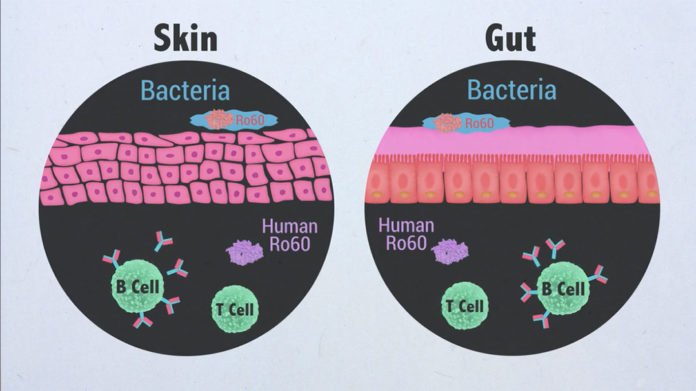In people with lupus, immune cells assault the body’s own tissue and organs as though they are adversary intruders. Another Yale-drove examination portrays how a protein found in like manner microbes triggers that auto-insusceptible reaction. The discovery opens the way to future treatments focusing on the microscopic organisms instead of the invulnerable framework, the scientists said.
To extend comprehension of the immune system reaction, for the most part, an examination foreman by co-senior creators Martin Kriegel and Sandra Wolin concentrated on a protein, Ro60, that has been found in lupus patients even before they created manifestations. The protein initiates the insusceptible reaction and generation of antibodies.
In the investigation, the exploration group tried blood and tissue tests from patients with the most widely recognized type of the sickness, fundamental lupus. They distinguished Ro60 in microorganisms from various parts of the body, including the mouth, skin, and gut.
The specialists conjectured that the microscopic organisms trigger an immune system reaction, which after some time spreads to influence even sound tissue. This anchor of occasions prompts out and out autoimmunity and lupus, Kriegel said.
More research is required however, the new knowledge could prompt the advancement of customized medications for immune system infection, he noted. For instance, a topical prescription could be intended to target microscopic organisms in the skin or different organs where autoimmunity shows.
The full paper is published in Science Translational Medicine.
